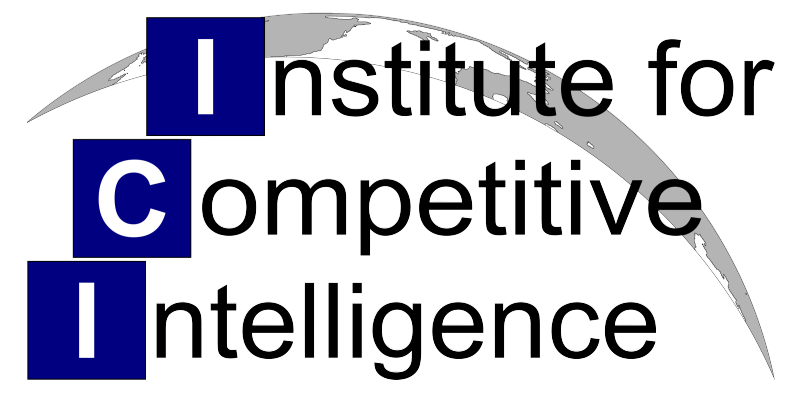What if Your Birkenstock Sandals Were Still Regarded as Art?

Patents and, more generally, intellectual property (IP) are powerful competitive intelligence tools. However, you should not leave it to your lawyers when IP becomes a token in competitive activities. In this context, strategists, product managers, and business developers need to understand how to apply IP laws—whether protection or attack is on your company’s agenda.











